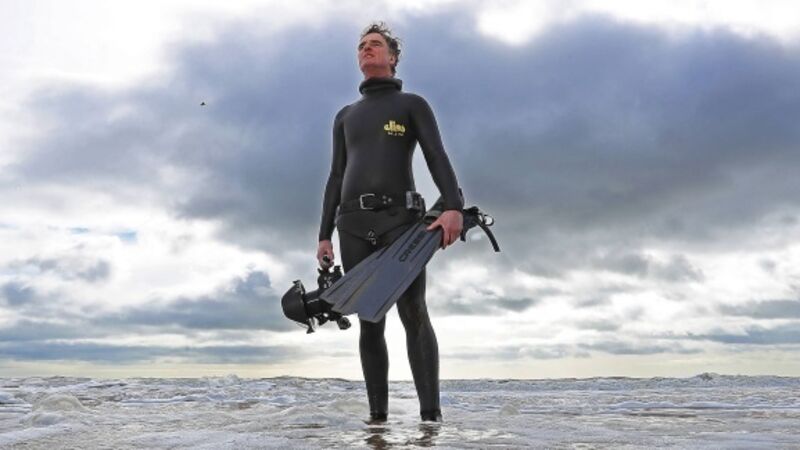A new series explores what lies beneath Ireland’s most northern Atlantic waters

It's the morning after the final edits on Ken O’Sullivan’s latest series, Ireland’s Deep Atlantic were put to bed and despite a distinct lack of sleep, the prolific sea explorer is extremely chirpy.











